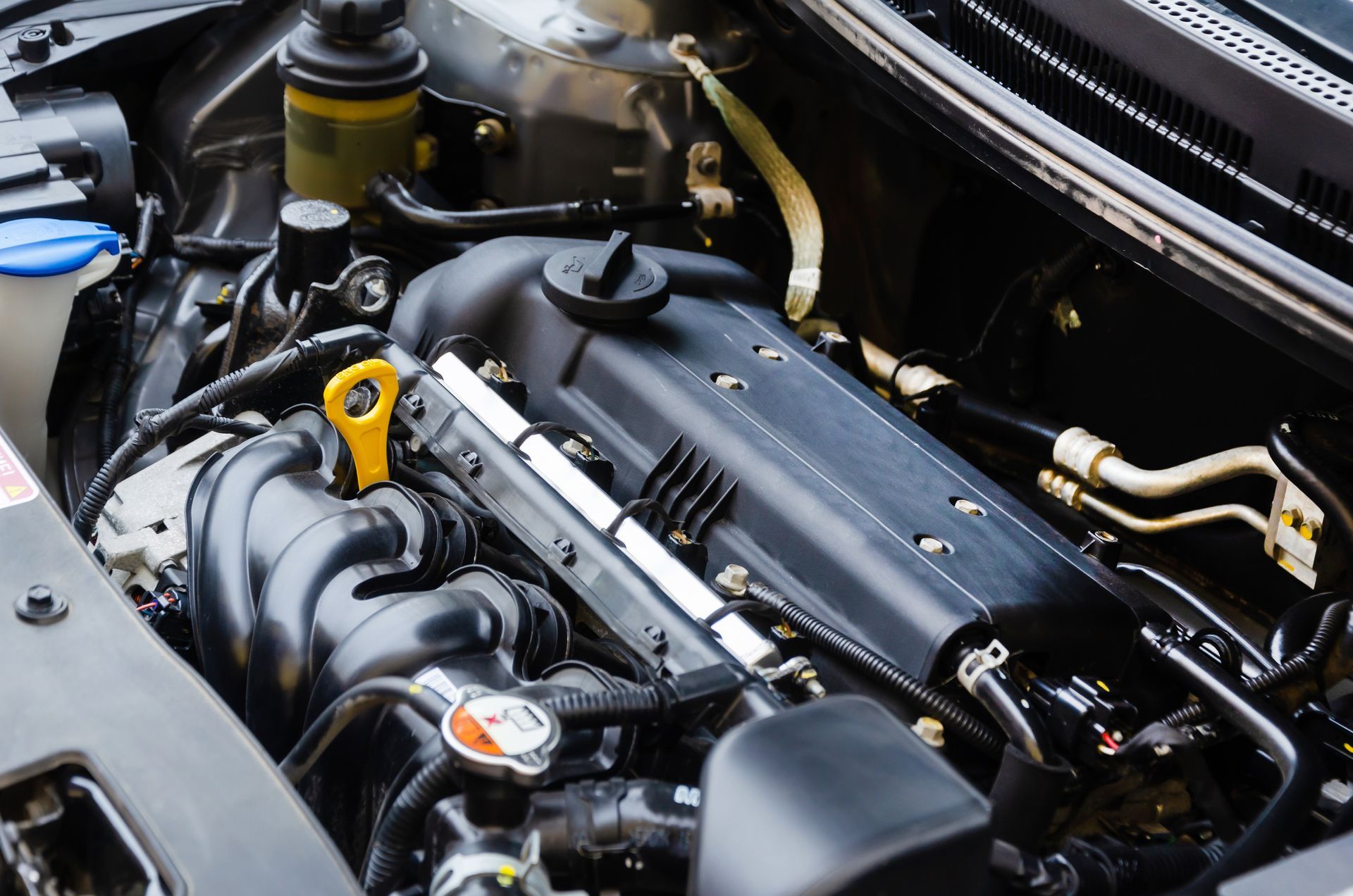Our Blog
Discover expert check engine light diagnostics at X-tra Mile Auto Care in Stillwater, OK. Experience reliable auto repair services. Visit us today!
Expert brake repair and service in Stillwater, OK. Trust X-tra Mile Auto Care for reliable auto solutions. Call us today for a safe, smooth drive!
Need alternator repair in Stillwater, OK? Choose X-tra Mile Auto Care for expert service. Your reliable partner for auto repair. Visit us today!
Stay cool with expert AC repair at X-tra Mile Auto Care in Stillwater, OK. Experience superior service and knowledgeable maintenance. Schedule your appointment today!







